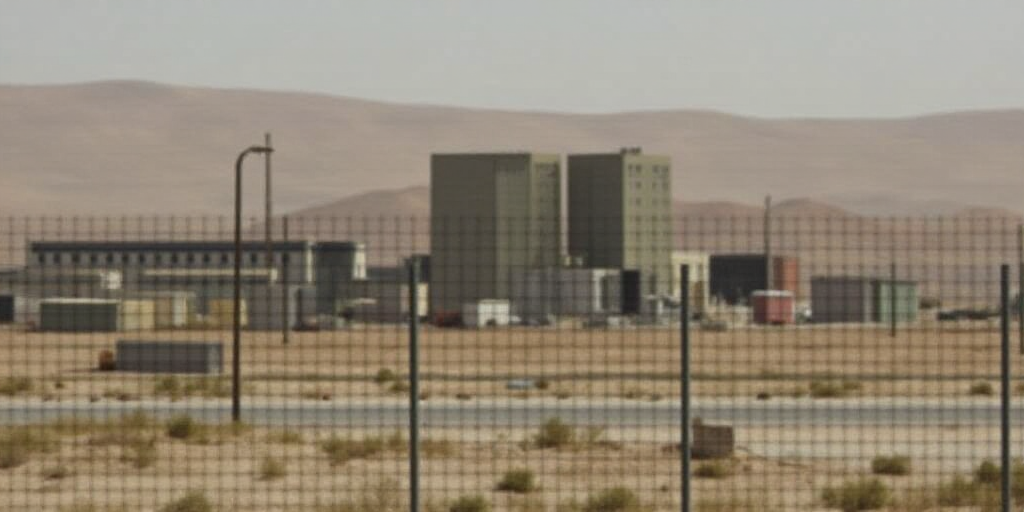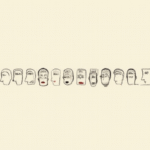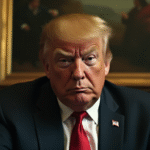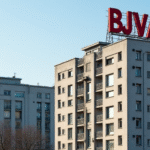Background on Rafael Grossi and the IAEA
Rafael Grossi, the Director General of the International Atomic Energy Agency (IAEA), is a prominent figure in global nuclear safety and non-proliferation efforts. As the head of the United Nations’ nuclear watchdog, Grossi plays a crucial role in ensuring that countries adhere to their commitments under the Treaty on the Non-Proliferation of Nuclear Weapons (NPT). His recent statements regarding the US strikes on Iranian nuclear facilities highlight his organization’s ongoing challenges in monitoring and verifying nuclear activities, especially amidst geopolitical tensions.
US Airstrikes Target Iranian Nuclear Sites
On Sunday, the United States conducted its largest-ever conventional bombing campaign against Iranian nuclear facilities, deploying advanced bunker-busting munitions for the first time in combat. The strikes targeted locations such as the Fordow uranium enrichment plant, which is carved into a mountainside.
Damage Assessment at Fordow Facility
According to Grossi, speaking at an emergency meeting of the IAEA’s Board of Governors comprising 35 countries, it remains unclear what the extent of damage is to Fordow’s underground areas. He emphasized, “Given the explosive yield used and the extreme sensitivity of centrifuges to vibrations, it is expected that significant damage has occurred.”
Uncertainty Surrounding Iran’s Enriched Uranium Reserves
Beyond the damage to Fordow’s subterranean enrichment facilities, a significant unknown is the status of Iran’s stockpiles of enriched uranium, particularly its more than 400 kilograms of 60%-enriched uranium, just one step away from the 90% purity needed for nuclear weapons.
This amount, if further enriched, could be sufficient to produce nine nuclear weapons, according to the IAEA’s benchmark. However, Iran maintains its nuclear program is peaceful and does not seek atomic bombs. Nonetheless, Iran informed the IAEA on June 13 that it would take “special measures” to safeguard its nuclear materials and equipment under the agency’s safeguards regime, as per the NPT.
IAEA’s Response to Iran’s Special Measures
In response, Grossi stated that any transfer of nuclear material from one facility under safeguards to another location in Iran must be declared to the organization. He added that “any special measure taken by Iran to protect its nuclear materials and equipment… can be done in accordance with Iran’s safeguards obligations.”
Key Questions and Answers
- What is the International Atomic Energy Agency (IAEA)? The IAEA is a United Nations organization that seeks to promote the peaceful use of nuclear energy and to inhibit its use for any military purpose, including nuclear weapons.
- Who is Rafael Grossi? Rafael Grossi is the Director General of the IAEA, responsible for overseeing global nuclear safety and non-proliferation efforts.
- What are bunker-busting munitions? Bunker-busting munitions are specialized weapons designed to penetrate hardened underground targets, such as nuclear facilities.
- What is the significance of 60%-enriched uranium? Uranium enriched to 60% is a critical threshold, as it requires only one additional step to reach the 90% purity needed for nuclear weapons.
- Why is Iran’s nuclear program a concern? The international community is concerned that Iran might use its civilian nuclear program as a cover to develop nuclear weapons, which would violate its NPT commitments.






